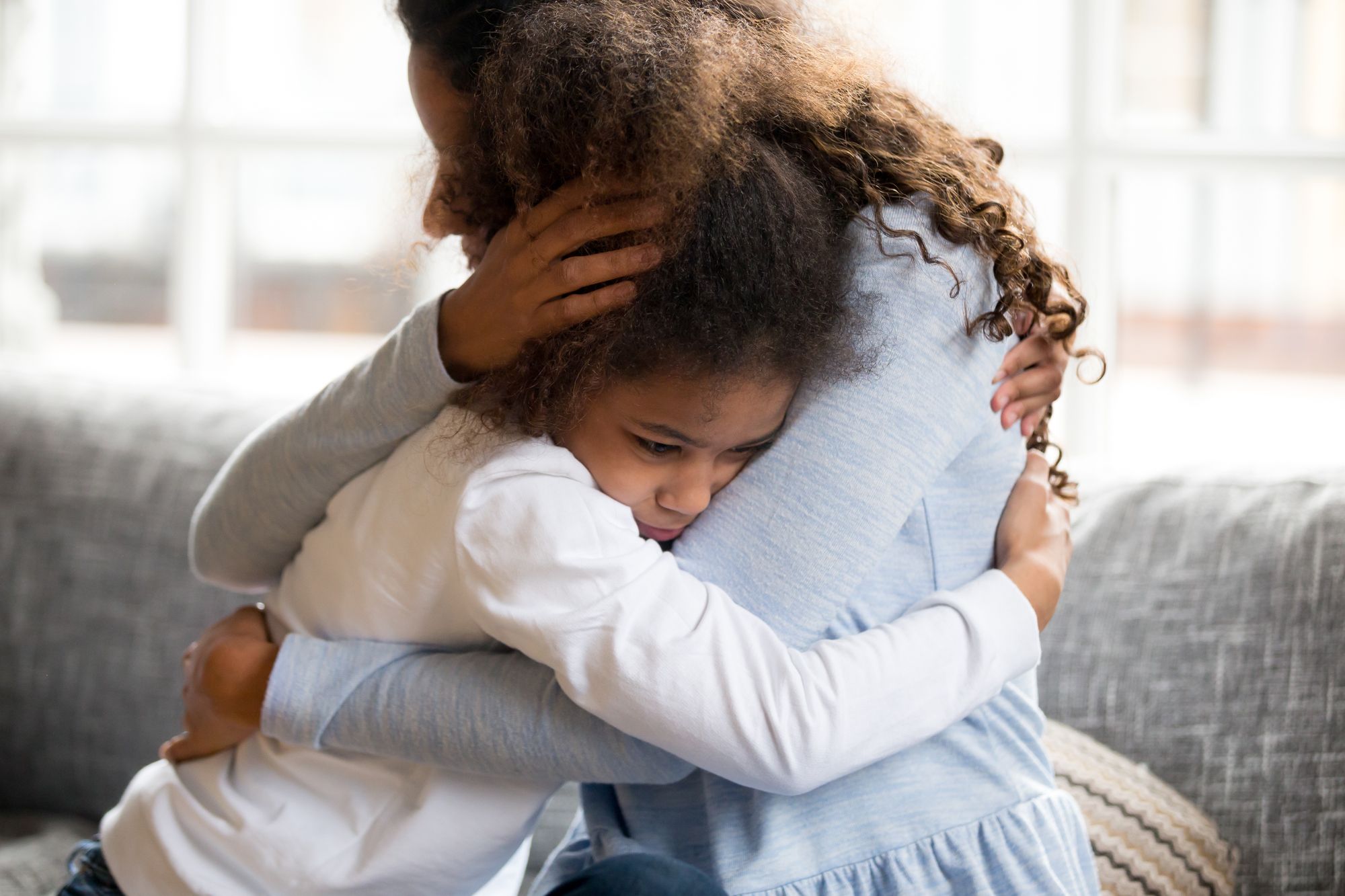
It’s very common for parents to deal with children facing anxiety during their growing years. Anxiety should be examined and addressed by a practising psychologist. Children usually feel anxious when facing uncertainty & change in life. To help us understand how we can help our kids cope with this feeling, we spoke to Dr Divya Mohindroo, Counseling Psychologist and Founder of Embrace Imperfections. She has more than six years of experience in therapeutic intervention and counselling services for clients with various mental health stresses helping them with appropriate coping mechanisms. She specializes in community and educational psychology. She is also a Member of the American Psychological Association, Indian Association for Counselling, Premium Member of APPPAH (Association For Prenatal & Perinatal Psychology & Health), and Lifetime Member at Counsellor Council of India. Read on to know what she had to share on the topic.
 Dr Divya Mohindroo
Dr Divya Mohindroo
Anxiety needs to be tackled with patience and we need to understand that it’s a long process. Below listed are a few steps that would help parents who are facing similar issues. Children might be anxious because of being at home for so long, not interacting with their peers, too much screen time and various other reasons. Parents also would be feeling the same because of change of routine, lack of activity & confusion about how to keep the children busy as well handle their work or go out for work leaving their children behind.
1)Parents should acknowledge the feeling of fear and anxiety in children and then find ways to divert their attention productively E.g. – puzzle, craft, read or exercise.
2)Parents should encourage children to practise gratitude daily E.g. – In a diary ask them to write about good things that happened to them, ask them to take photos of things they love, smell flowers in the house garden etc…
3)Connect and socialise, like having a movie party or a play date for emotional connection with their peers. Make sure to not overstimulate the child with excessive social media. Avoid digital devices when they wake up or sleep instead you can read a book to them or pray with them, listen to calming music together.
4)Create a zen zone at home that is comfortable for the child to study or do activities in, a no disturbance or pressure zone dedicated only to the child.
5)Break the tasks for the children by balancing their studies, activities and rest time. Give the child a small incentive on completion of a task it will keep them motivated and accountable like they are in their normal routine.
6)If you have to leave your child and go out for a while, prepare your child in advance, let them know who will be taking care of them during that time, stick to the time of return, teach your child boundaries around physical touch, talk about exciting things you will do with them once you are back & leave something of yours like a photograph which makes them feel close to you, isolation can be detrimental for children at this time.
7)Eat together, revisit photo albums, play memory games, watch TV with the elders of the house all these small efforts will keep the child occupied. Give them small meals throughout the day and them hydrated. This will make them less stiff, sore and will keep their spirits high.
via GIPHY
It is essential for parents not to brush off the feelings of children, listen attentively to the child when the child is trying to express any genuine concern whether small or big. What seems small to us might be very big for the child, children when left unheard feel very anxious. Try to spend quality time with your child over quantity, make the child feel safe in their environment however encourage the child to take small decisions like the meal they eat on their own that will make them feel in control.
Tackling anxiety at the right time saves our children from having long term stressors or disorders.
As a Psychologist, I always suggest addressing anxiety issues from the roots in children. If still, you observe continuous distress or anxiety in the child, it’s a must to take therapy for the child. Deep belly breathing, visualisation of beautiful scenarios or anything which soothes the child’s mind are immediate ways of calming an anxious child.







